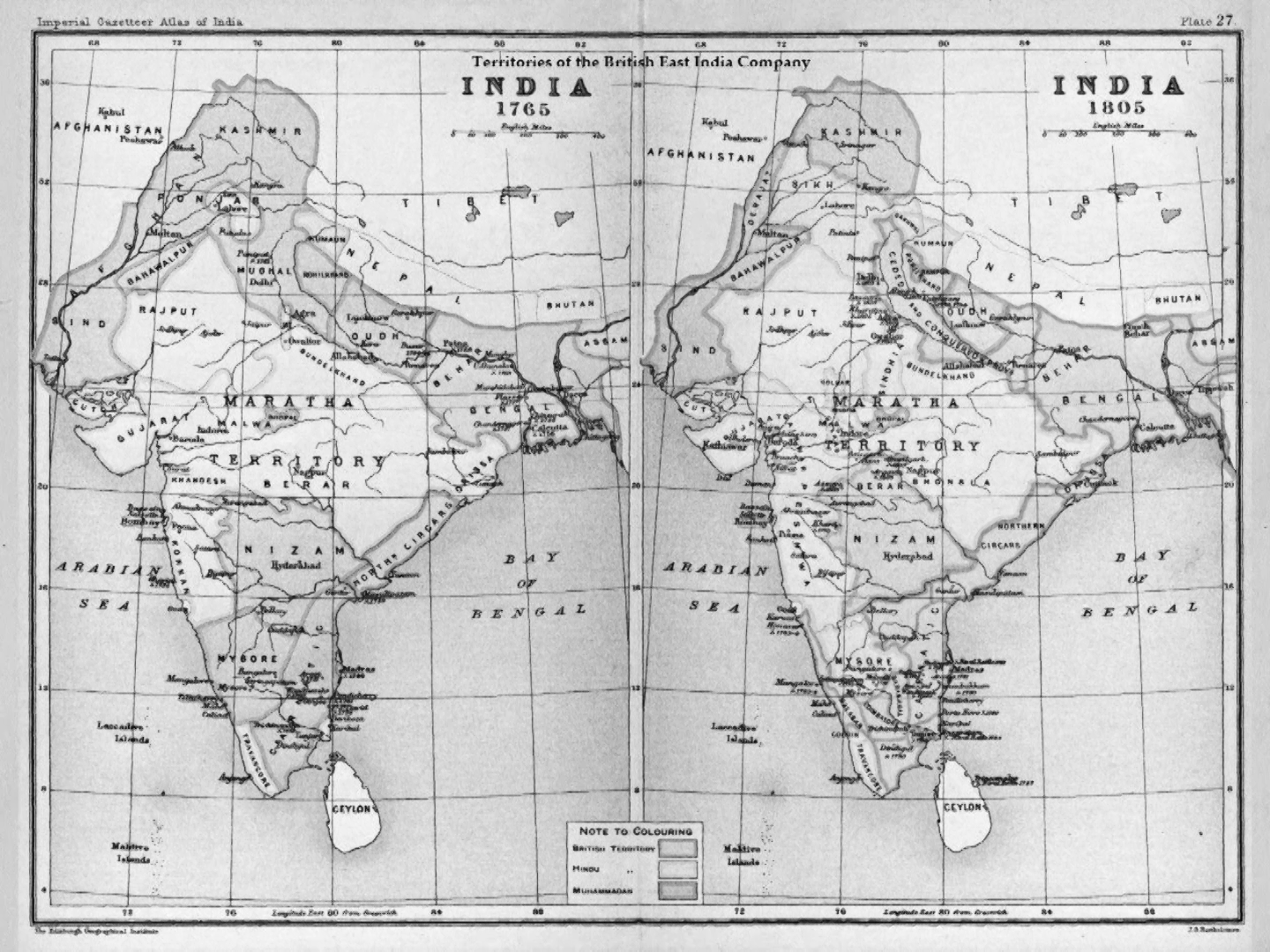Spaces We Inhabit: the Roads are not Innocent
Roads, railways and bridges. In the height of the colonial era, they were hailed as emblems of modernity. In reality, Britain and other colonial powers were using these networks to manipulate space and exert control over their colonies. Although colonisation is often condemned, there is still a narrative that sees Britain as the great exporter of progress, whilst failing to remember that progress was instrumental in both propelling the colonial drive and maintaining control over the territory. The Roads are not Innocent uses archive, text and music to challenge this narrative.
At a time when we are finally questioning the glorification of figures such as Edward Colston, we are also learning how to navigate Britain’s colonial past in a way that forces us to see things through a different lens. A road can indeed be a positive thing. It can lead somewhere new, symbolising advancement and growth. And yet, a road can also be disruptive – dismembering shared spaces, fracturing nomadic routes, and cutting through natural reserves. The virtue lies in coming to recognise the deep political histories of these seemingly innocent artefacts.
SEE THE PIECE ON THE ART COLUMNIST.
